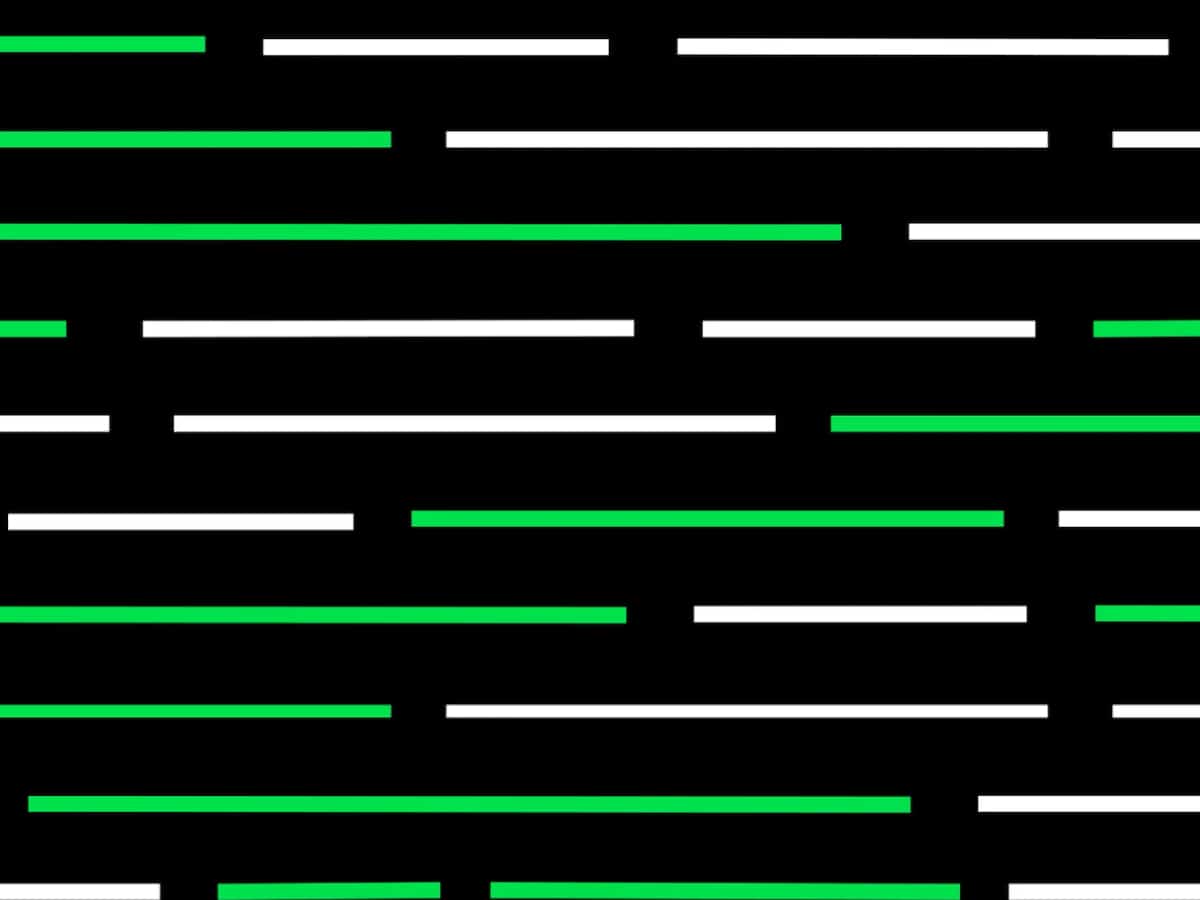
OpenAI, the leading artificial intelligence research institute, has announced the release of GPT-4, the latest version of its popular AI chatbot, ChatGPT. The new model boasts several enhanced capabilities that make it stand out from its predecessor, including the ability to process up to 25,000 words, eight times more than ChatGPT.
One of the most notable features of GPT-4 is its ability to respond to images. Users can upload photos of ingredients, and GPT-4 will provide recipe suggestions based on the image. Additionally, it can write captions and descriptions of images with impressive accuracy.
Since its launch in November 2022, millions of people have used ChatGPT for various purposes such as writing songs, poems, marketing copy, computer code, and homework assistance. However, there are concerns that GPT-4 could take over many jobs currently done by humans.
OpenAI has addressed these concerns and spent six months on safety features for GPT-4. The model was also trained on human feedback, but OpenAI warns that it may still be prone to sharing disinformation.
Initially, GPT-4 will only be accessible to users with premium access to ChatGPT, which requires a monthly subscription fee of $20. The model is already powering Microsoft’s Bing search engine platform, and the tech giant has invested $10 billion into OpenAI.
In a live demo, GPT-4 generated an answer to a complicated tax query. However, there was no way to verify the accuracy of its response. Despite its enhanced capabilities, OpenAI has warned that GPT-4 is still not fully reliable and may “hallucinate” or invent facts or make reasoning errors.
GPT-4 is a type of generative artificial intelligence, using algorithms and predictive text to create new content based on prompts. OpenAI claims that GPT-4 has more advanced reasoning skills than ChatGPT, and it can find available meeting times for three schedules, among other things.
OpenAI has also announced new partnerships with language learning app Duolingo and Be My Eyes, an application for the visually impaired, to create AI chatbots that can assist users using natural language.

